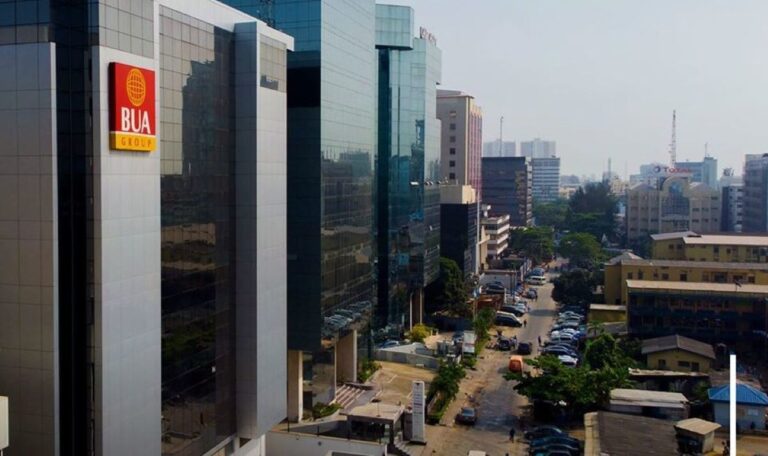In the investment world, few indicators attract more attention than the dividend payout ratio—a metric that shows how much of a company’s profit after tax is returned to shareholders as dividends. A high payout ratio signals a strong focus on rewarding investors, while a lower one implies the company is reinvesting for future growth.
In 2024, Nigerian companies, particularly in the manufacturing sector, have leaned heavily toward generous dividend distributions, whereas banks have opted for a more cautious approach.
Manufacturers Take the Lead in Payout Generosity
Leading the charge in dividend disbursements are Nigeria’s top manufacturing firms, with Dangote Cement, BUA Cement, and BUA Foods standing out for their high payout ratios. These companies have distributed substantial portions—or even nearly all—of their net profits to shareholders, underscoring a strong commitment to investor returns.
Dangote Cement
Topping the list is Dangote Cement, which declared N30 per share in 2024—translating to N502.6 billion, or an eye-popping 99.87% of its N503.25 billion profit after tax.
This mirrors its 2023 payout of N502.6 billion from a lower profit base of N455.58 billion, giving a 110.32% payout ratio that year.
Despite its conservative share price growth of just 0.25% YtD, the company still boasts a 6.25% dividend yield, backed by strong cash flows and retained earnings of over N1 trillion.
BUA Cement
Following closely is BUA Cement, which paid N2.05 per share, amounting to N69.42 billion, or 93.93% of its profit after tax in 2024.
Over 96% of the company’s shares are held by its founder, Abdul Samad Rabiu, and his holding firm, BUA Industries—meaning most of the payout loops back to the major stakeholder.
Despite this, the company remains financially sound, though its stock price has dipped 10% YtD, with a modest 2.45% dividend yield.
BUA Foods
BUA Foods also made a major dividend move in 2024, declaring N13 per share, totaling N234 billion, which represents 88% of its N266 billion net income.
That’s more than double its 2023 payout of N99 billion, signaling a more aggressive approach to shareholder returns.
The company’s stock is up only 0.72% YtD, but its 3.11% dividend yield still appeals to income-focused investors. Ownership remains highly concentrated, with 95.26% of shares held by insiders.
Geregu Power
Energy firm Geregu Power distributed N8.50 per share in 2024, for a total of N21.25 billion, representing 77.35% of its N27.43 billion profit.
This followed an even bolder 2023 payout of N20 billion—125% of its N16.05 billion profit.
The company is largely owned by Amperion Power Distribution Company Limited (95.4%), with the remainder held by institutions and retail investors.
Despite the high payout, the stock is down 0.74% YtD, with a 0.74% dividend yield.
Africa Prudential Plc
In the financial services space, Africa Prudential stayed true to its dividend culture with a final dividend of N0.60 per share, totaling N0.75 per share for the year—a 68.39% payout ratio.
Although its stock has dropped 33.25% YtD, the company still offers a 5.49% dividend yield, making it attractive to dividend seekers.
Banks Take a Conservative Approach
While manufacturers pushed the envelope on payouts, Nigerian banks have taken a more measured stance.
Even the top-ranking Fidelity Bank posted a relatively modest 32.35% payout ratio in 2024. Others like GTCO, UBA, and Zenith Bank remained in the 4% to 30% range.
However, these banks still offer attractive dividend yields, ranging from 3% to as high as 16%, indicating strong returns for investors focused on income, despite the lower payout ratios.
Key Takeaway: Income vs. Growth Trade-Off
The contrasting strategies across sectors highlight a broader theme: high payout ratios from manufacturers suggest solid cash flows and a focus on immediate shareholder returns, while banks are prioritizing reinvestment and stability.
For investors, the choice depends on their goals—whether seeking consistent income or long-term capital appreciation.
Regardless of the strategy, one thing is clear: Nigerian companies are demonstrating resilience and a renewed commitment to shareholder value, even in the face of economic headwinds.

